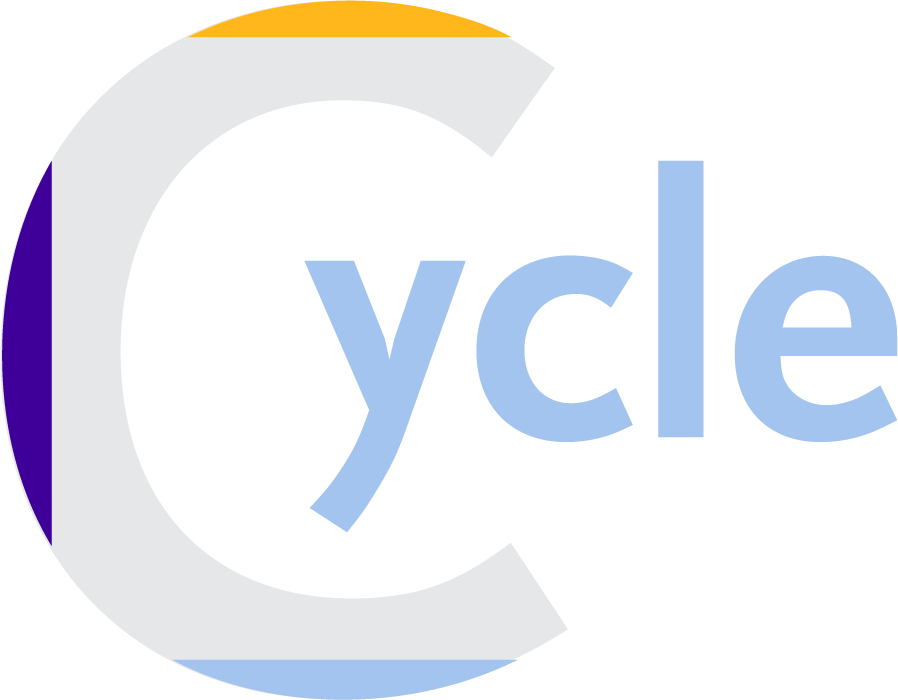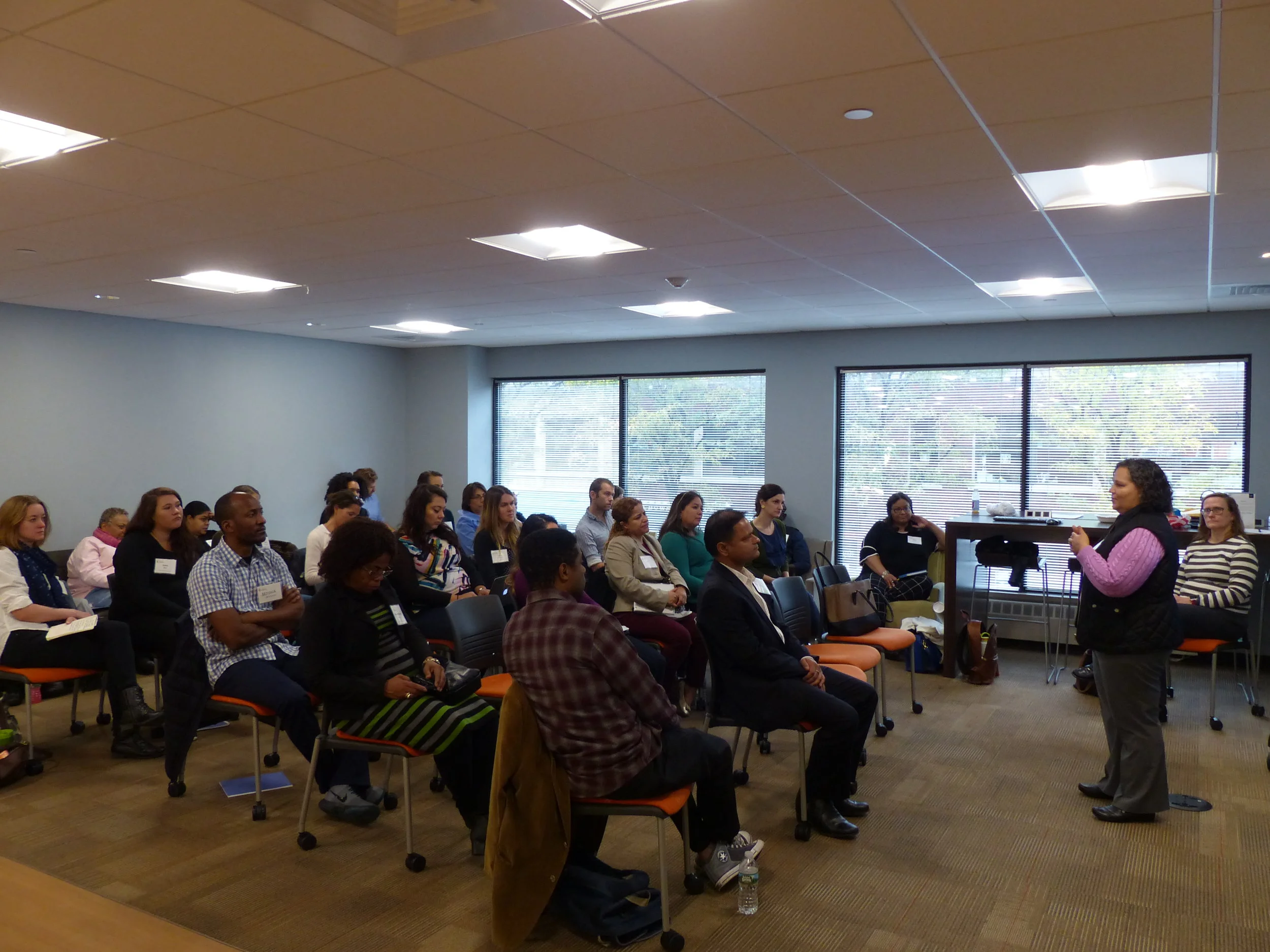What We Do
CYCLE contributes to building collective power and fighting for educational justice by creating spaces for learning, strategy, and leadership development with and for those most impacted by educational injustices; supporting community partners in constructing a shared understanding of and approach to solving the problems we face; and providing tools for community-driven research, advocacy, and organizing.
Strategic Priorities
-
CYCLE supports individuals and organizations to enhance skills and knowledge, access tools and resources, and define community challenges and solutions. We center those in the margins and serve as a partner, bridge, and process/content expert.
-
CYCLE deepens the practice of shared analysis, develops and sustains community connections among field partners, and influences changes in policy and practice for education justice
-
CYCLE lives into its mission and vision, striving to operate consistently with our values internally and externally. We intentionally develop our work in ways that emphasize transparency, equity, and professional growth.
Our Approach
At its core, CYCLE’s work is aimed at connecting schools and communities so that young people are nurtured to learn and thrive, families are engaged as educational partners, and communities find strength in the schools that serve them. To do this work, we turn to the theories and practices of community organizing to lay the foundation for our approach to any project. For us, that translates to three key principles we strive to keep in mind when developing our work. Whether our work is directly engaging in organizing campaigns, doing community-driven research, or convening partners to learn and build with each other, we seek to develop relationships, grassroots leadership, and shared analysis to build collective power and fight for educational justice.
-
The needs and priorities of communities are not reflected in education governance, policies and programs. This often isolates us and puts us in competition with one another as we seek change. Organizing brings us out of isolation and seeks to build relationships that help us to understand our problems are shared, as are our best solutions. We seek to build relationships that are purposeful because we know that we don’t live single issue lives and no single entity can create positive change alone. text goes here
-
Those who are most impacted by social problems are the ones who should be at the center of determining solutions. Our work seeks to center the leadership of those who have been historically marginalized from decision-making and the dominant culture of our school systems, namely youth and families of color, low-income communities, and oftentimes frontline educators and school staff.
-
To work together to solve the problems our communities face, we must develop a shared understanding of those problems and their root causes. Developing strategies for change requires an analysis, grounded in community histories and lived experiences, that can deepen understanding of the circumstances we face, build a counter-narrative, map a path for change, and provide theoretical and practical footholds for what is difficult and challenging work.



